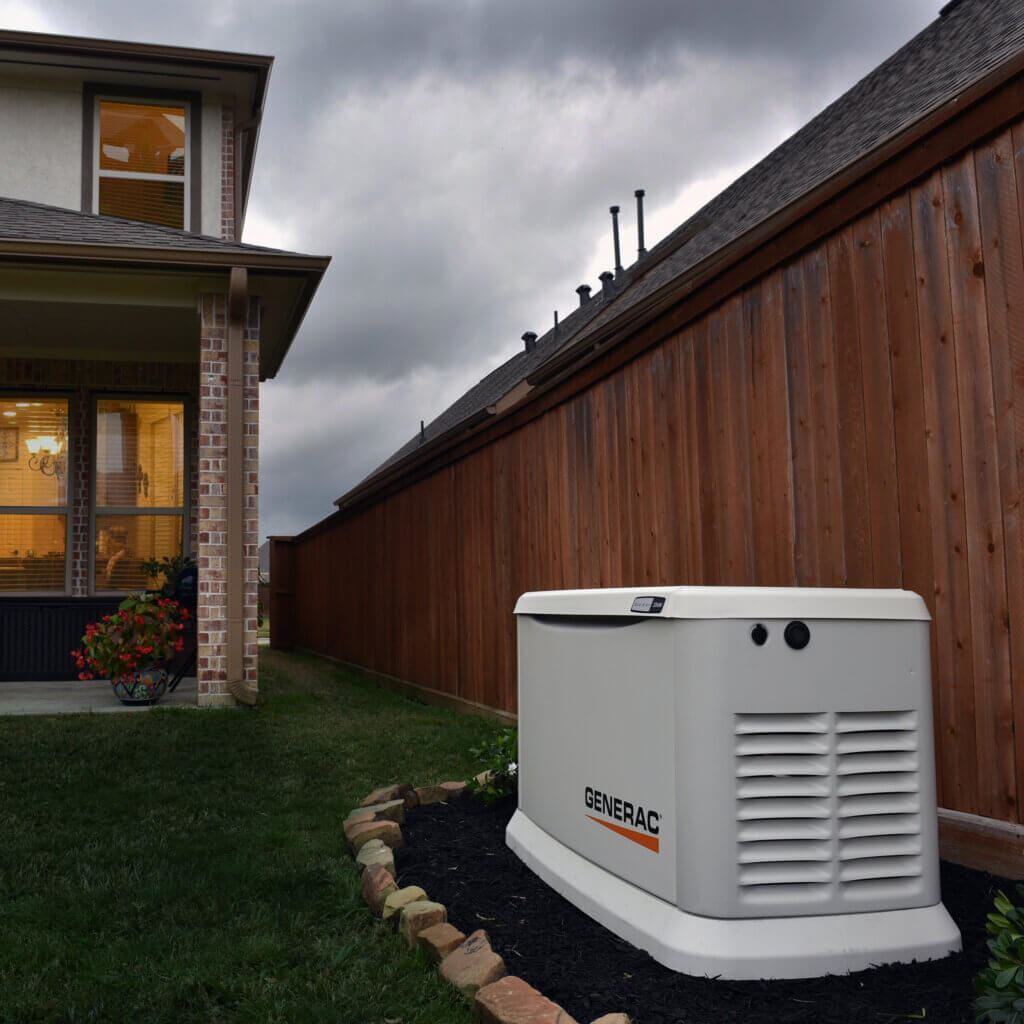Search for topics or resources
Enter your search below and hit enter or click the search icon.

Losing electricity can be scary and incredibly inconvenient. It can even be dangerous at times during the winter if your heat stops working. Fortunately, home generators can help take those worries away by providing your home with energy. But how does a home generator work if the electricity is out? That’s exactly what we’ll answer in this blog!
A home generator is a device that generates electricity for your home in the event of a power outage. There are several types of home generators, but most work by using a fuel source, such as natural gas, propane, or diesel, to power an engine that drives a generator. When the generator is turned on, it produces electricity that is fed into your home’s electrical system through a transfer switch.
Home generators come in a variety of sizes. The size you need will depend on the type of appliances and devices you want to run during a power outage. It’s important to choose a generator that is appropriately sized for your needs. This ensures that it can handle the demand you place on it. Otherwise, you run the risk of overloading the generator which can cause damage and create a safety hazard.
If you need help figuring out what will fit your needs best, check out our blog on what you need to know about choosing a generator. Don’t hesitate to give us a call if you would like to install a generator in your home, and feel free to check out our insanely amazing reviews!
Ben Carpenter is the founder and President of Integra Electrical, a Class A Master Electrician, and licensed contractor with over 30 years of hands-on experience. Since 1993, he’s been dedicated to helping homeowners across Iowa with reliable, safety-focused electrical repairs—making homes safer, one job at a time.